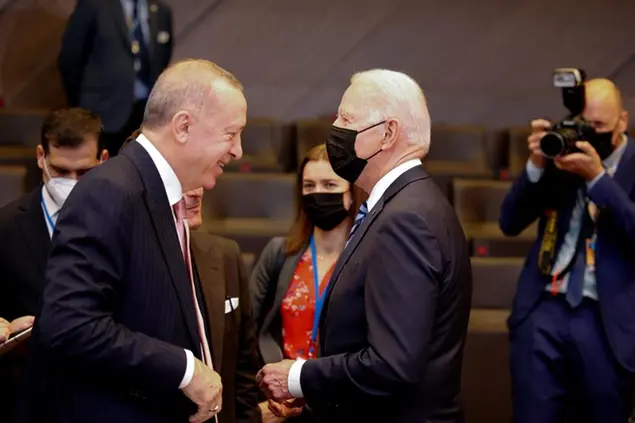- La Cina di Xi Jingping prende il posto della Russia di Vladimir Putin come principale antagonista della democrazie occidentali e della “famiglia transatlantica” nel rinnovato dossier della Nato per il 2030, ma dimentica sotto un tappeto la Turchia neo-ottomana di Recep Tayyip Erdogan.
- La Cina «non condivide i nostri valori», ha sottolineato il segretario generale della Nato, Jens Stoltenberg, in scadenza di mandato e quindi più libero di dire le cose che pensa realmente, a margine del vertice dell’alleanza a Bruxelles.
-
Un obiettivo chiave della politica estera di Joe Biden è sostenere il contenimento dei regimi autoritari. Vista da questa prospettiva democratica americana, la Turchia rischia di diventare più di una nota stonata nelle sfide strategiche affrontate dagli Stati Uniti e dai suoi alleati Nato.
C’è posto per la Turchia nella famiglia atlantica che discetta di valori?

14 giugno 2021 • 17:12